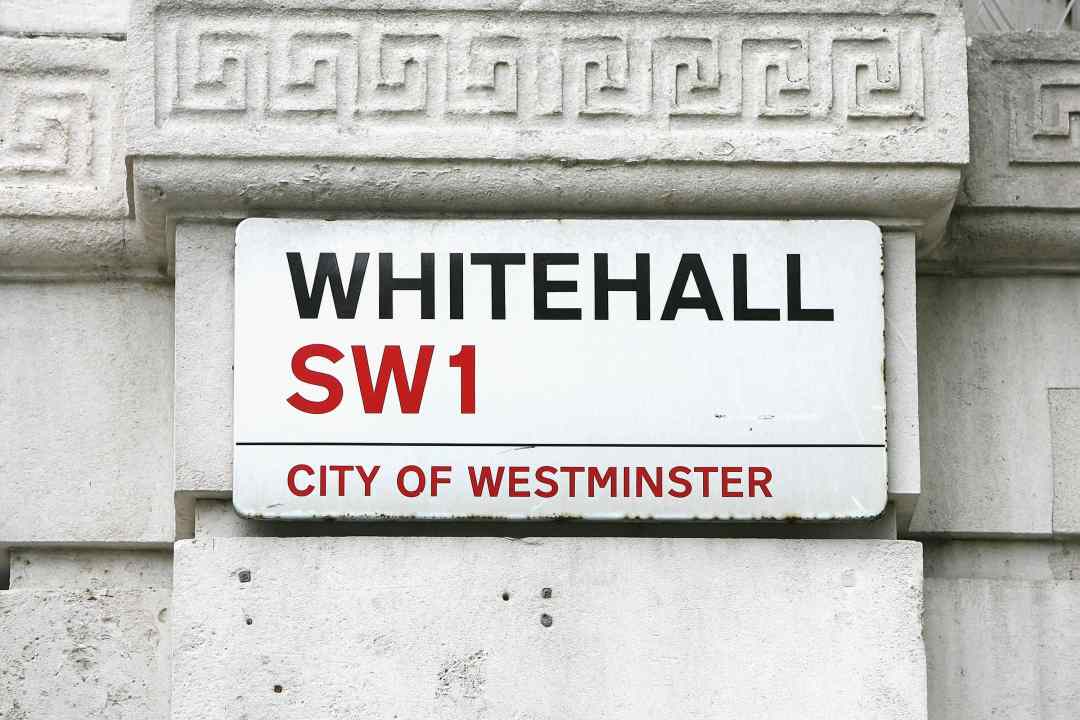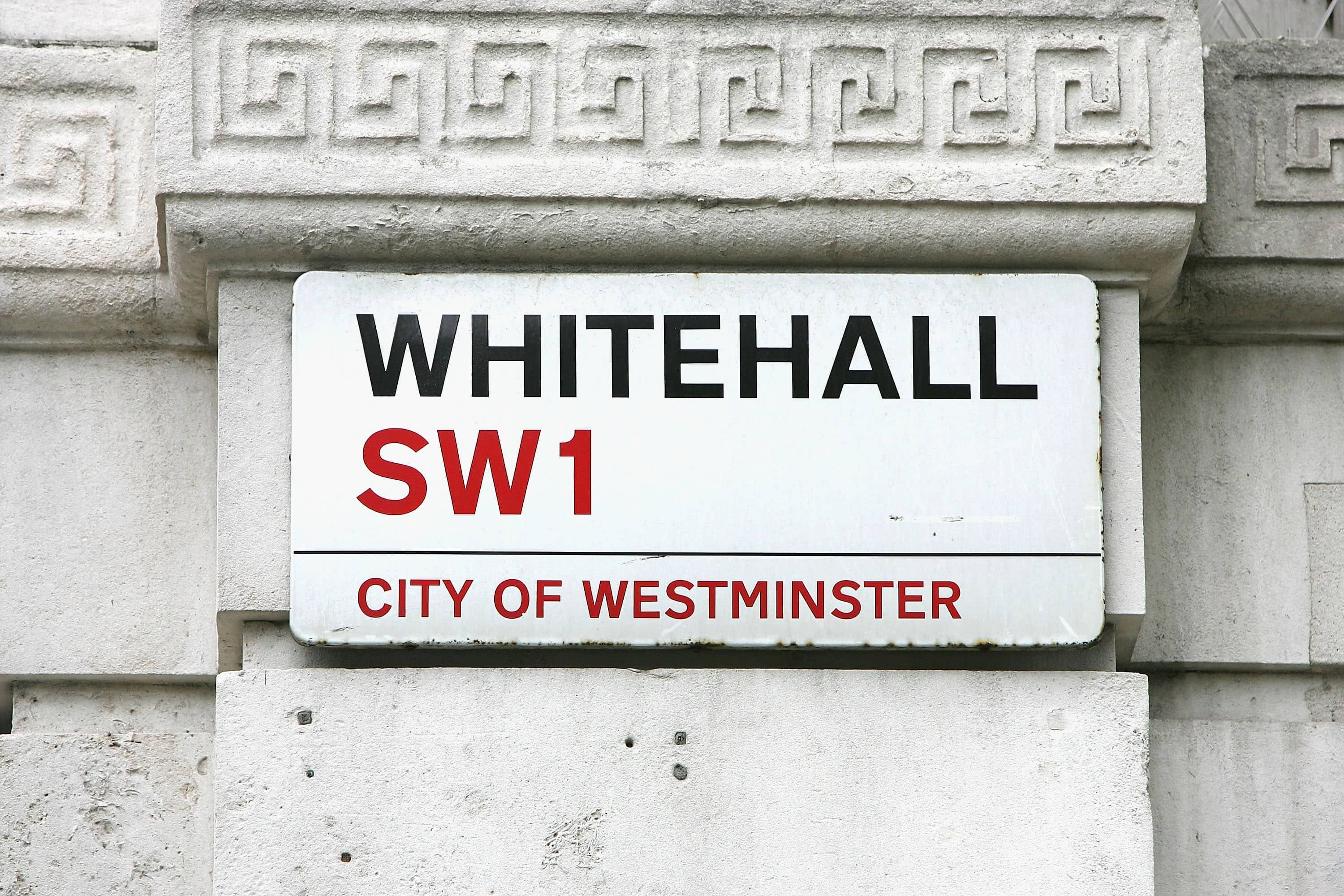Amid all her remarks about tax cuts, freedom and, er, Don Revie, some of Liz Truss’s comments were overlooked on Thursday evening. Speaking at the LBC hustings, the Foreign Secretary was asked by Nick Ferrari as to what she had learned from her four years at Shell. Truss paused and then replied:
What I learned was how important the security of our energy is, and how we shouldn’t take it for granted, and I think that it’s very important in the future that we never again become dependent on regimes that we can’t trust. That is what’s happened with Russia, less so for the UK than other European countries, but we need to learn that lesson from China as well. And we shouldn’t be, you know, whether it’s critical minerals, whether its oil and gas, we’ve got to be very careful because these are strategic industries and we need to make sure that the UK has resilient supplies from countries that we can trust.
A sensible answer perhaps but it was the reference to ‘critical minerals’ which caught Steerpike’s eye. For it seems that Truss and her colleagues have developed a bit of a bee in their bonnets about this. Three weeks ago the Department for Business fired out an excited press release heralding the launch of the UK’s first ‘Critical Minerals Intelligence Centre’ to ‘help build a more resilient economy.’ It breathlessly declared that:
Critical minerals are essential for manufacturing products that are required for green technologies, national security, and daily life – such as electric vehicles, wind turbines, mobile phones and fighter jets. With the production of some critical minerals expected to increase by nearly 500 per cent by 2050, it is essential the UK takes steps to secure a resilient and sustainable supply chain.
Gosh. Given this vital work then, just how many resources are being pumped into this fabulously essential area? Turns out, er, not that much. A parliamentary answer by Greg Hands to shadow defence spokesman Kevan Jones has elicited the admission that the new centre will receive ‘up to’ £3.6 million of funding over three years or just £1.2 million a year. All full-time staff will be employed by the British Geological Survey, with no more detail coming until the publication of a forthcoming strategy paper, whenever that may be.
Let’s hope this isn’t just another fight where the UK lacks the minerals.








Comments